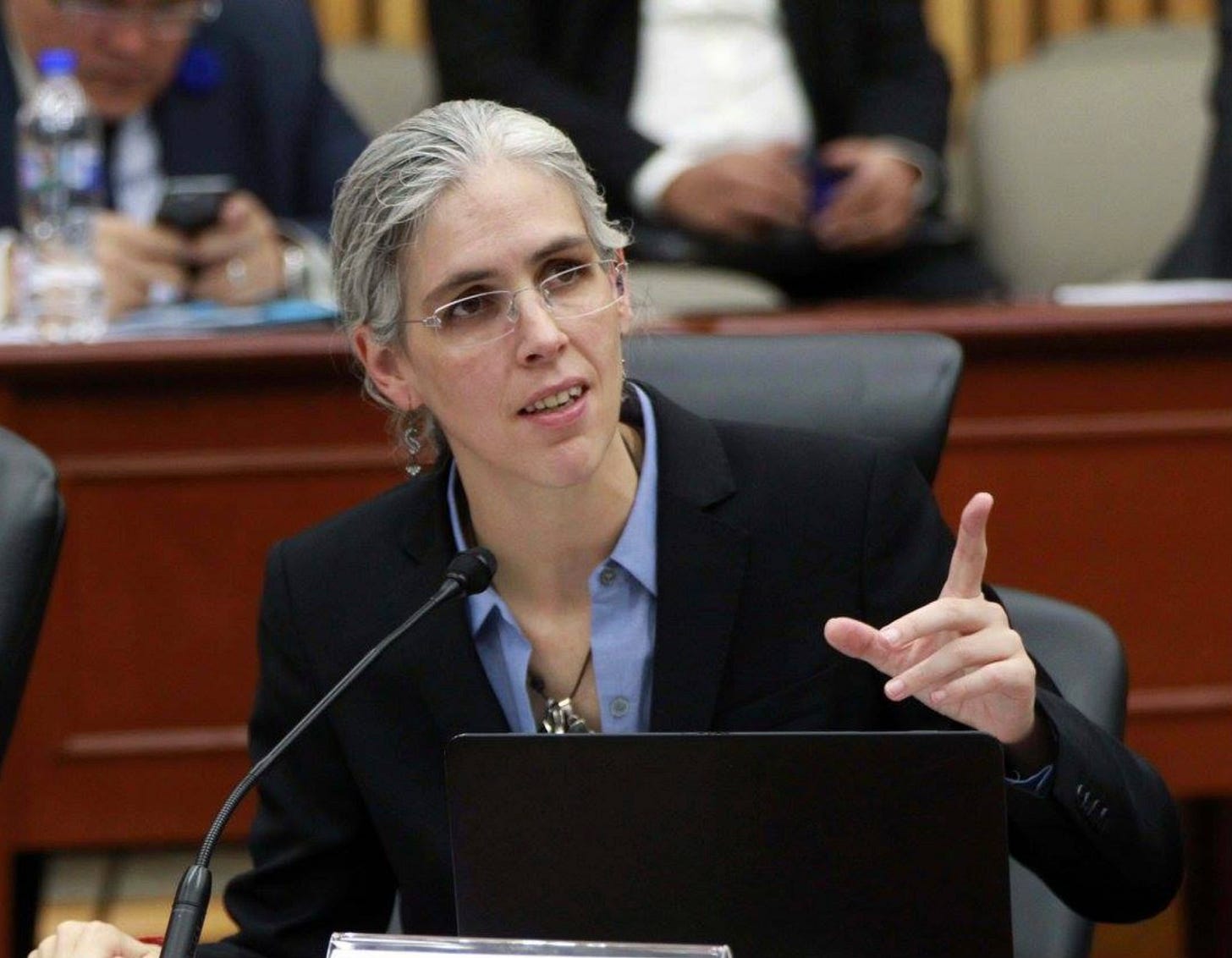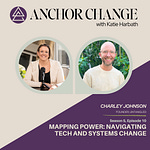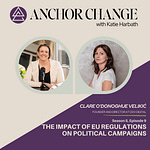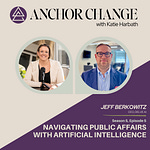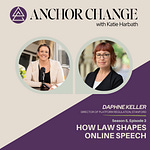You all like your guacamole! In last week's poll, 64% of you voted for it over queso. I have friends who have strong feelings on either side of this debate. Maybe someday I’ll expand this podcast beyond just impossible tradeoffs in tech. By the way, I’m on team queso.
This week’s fun tradeoff question is:
This week, we are traveling to Mexico. They will have their elections on June 2, 2024. Mexico’s presidents are limited to one term and only get elected every six years. That’s part of the reason it makes 2024 so unique in that you have big countries on four-, five-, and six-year cycles all matching up.
To help walk us through everything, Pamela San Martín joins us. Pamela is a member of the Meta Oversight Board and a former Electoral Councilor at the National Electoral Institute (INE) in Mexico.
Pamela San Martín
Elections and the civic space are among the Oversight Board’s seven strategic pillars. They’ve made crucial decisions on the Cambodian Prime Minister, Pakistan, Turkey, and President Trump’s suspension. Pamela and I also talked about the Board’s approach to this pillar.
Also, don’t forget I want your feedback! Please fill out this poll to help me think about making the podcast better next year.
Enjoy!




